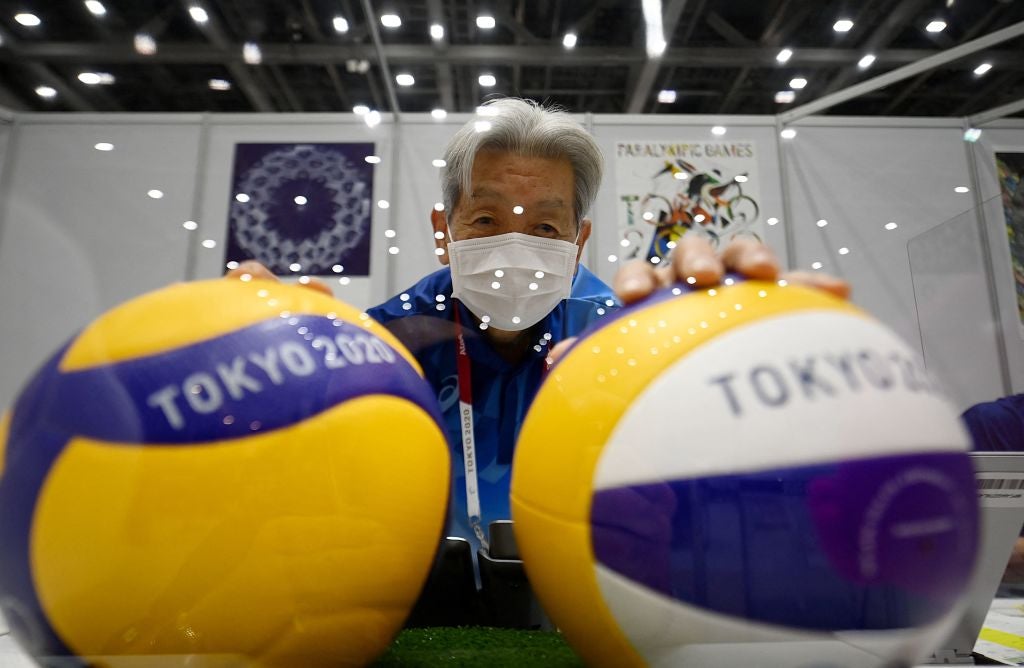It is becoming increasingly difficult to justify the Tokyo Olympics
Editorial: Nervousness among the Japanese population is so severe that polling shows more than 80 per cent want to see the games scrapped – the organisers should listen

With only hours to go before the first events of the postponed “2020” Olympic Games, there is even now doubt about whether they will begin – or if they do, whether they will be called off before their scheduled completion. While it has taken world wars to see previous games cancelled, this pandemic will have delayed the unfortunate Tokyo games by a year, and may yet see them abandoned. The head of the Tokyo Olympics organising committee has said as much: “We will think about what we should do when the situation arises.”
Quite plainly, in Japan, the situation has already arisen – though the daily case rate in the country (around 2,500) is far below, say, British levels. Nervousness among the Japanese population is so severe that polling shows more than 80 per cent want to see the games scrapped. It should be no surprise: only 11 per cent of Japanese residents have been fully vaccinated.
Toyota, a name that virtually symbolises Japanese industrial power, has pulled its advertising. The politicians in Tokyo must be eyeing their own prospects warily. There is a certain amount of humiliation (or at least the perception of it) involved in scaling back the games further, or cancelling (or postponing) them again. Against that must be weighted the political backlash at their going ahead, even without fans. Thousands of teams and support staff will be attending from all over the world, and even with quarantine in place, it is a risk many think unnecessary, despite the financial cost that would be incurred by a last-minute cancellation.
In fact, the impact of a growing number of cases and forced isolations may be such that the prestige of the medals in some sports is devalued, especially if the best athletes find themselves excluded from taking part – rather like the distortions that occurred during the 1980 Moscow and 1984 Los Angeles games, which suffered from American and Russian boycotts respectively.
On balance, the games will probably start, at least (a few events will precede the formal opening ceremony on Saturday), and the residents of Tokyo will remain in lockdown and a state of emergency for the duration. Any rise in the infection and death rate will thus be constrained by these extraordinary measures, but the games themselves have begun to seem an unfortunate affair, almost in poor taste.
Japan has probably managed the crisis as well as it could, but its Olympic dream is already something of a disappointment. The occasion was meant to be a symbol of Japanese resurgence after decades of economic stagnation, just as the 1964 games were a signal of emergence from the shadow of the Second World War. As it is, it is a disaster.
Join our commenting forum
Join thought-provoking conversations, follow other Independent readers and see their replies
Comments
Bookmark popover
Removed from bookmarks